Summaries of books about Politics & Social Sciences:
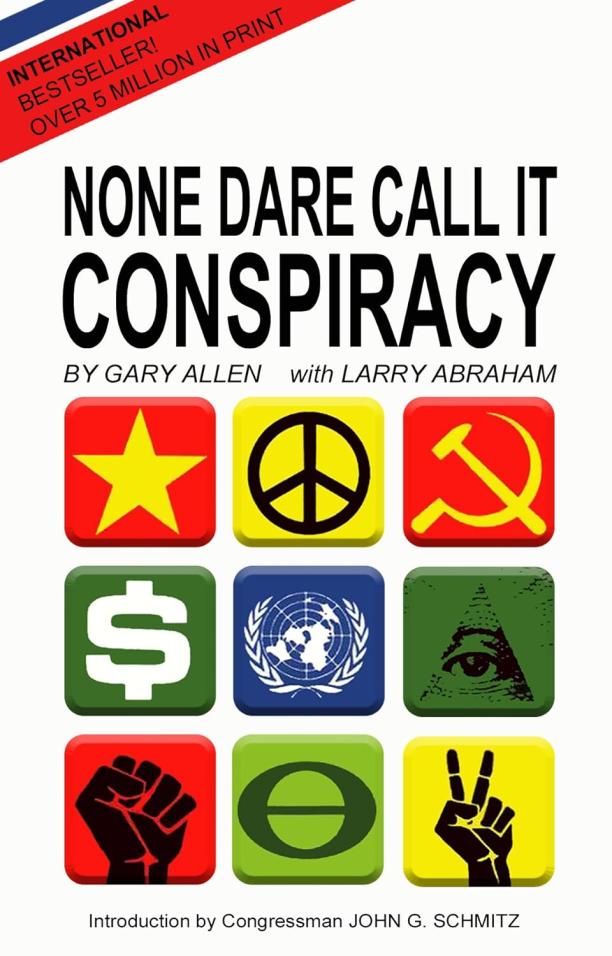
None Dare Call It Conspiracy
Gary Allen|Larry Abraham
The book presents the idea that major political and economic events are orchestrated by a secretive elite group with the goal of creating a global system of centralized control. It argues that this power structure operates through organizations like the Federal Reserve and the Council on Foreign Relations to manipulate society and governments for their own interests.
See full summary
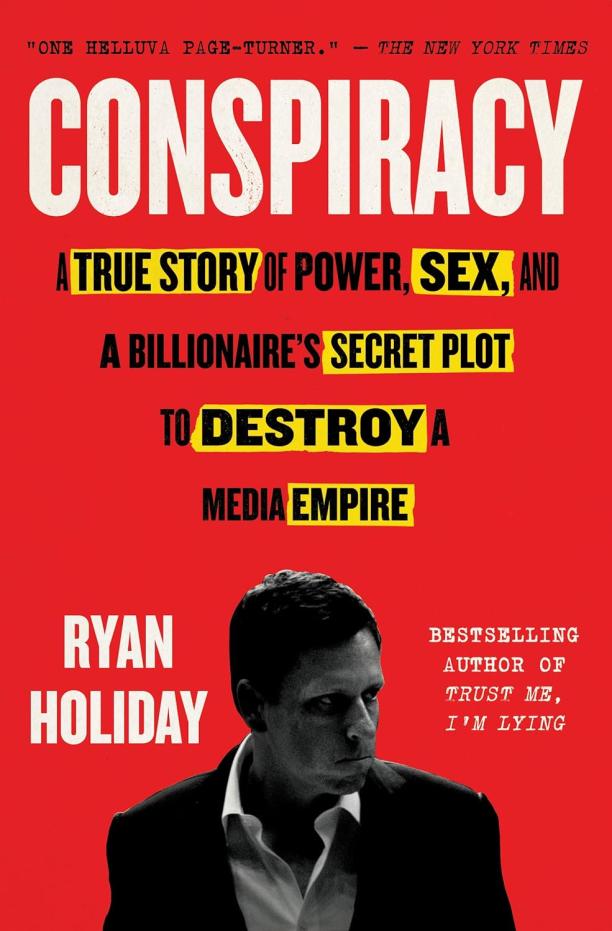
Conspiracy
Peter Thiel, Hulk Hogan, Gawker, and the Anatomy of Intrigue
Ryan Holiday
The book delves into the legal battle between Hulk Hogan and the media outlet Gawker, which culminated in a landmark lawsuit that Hogan won with the financial backing of tech billionaire Peter Thiel. It explores the themes of privacy, power, and revenge, revealing the strategic planning behind the scenes that led to Gawker's downfall.
See full summary

The Boy No One Loved
A Heartbreaking True Story of Abuse, Abandonment and Betrayal
Casey Watson
The book narrates the story of a troubled 11-year-old boy named Justin, who enters the foster care system after being rejected by his family due to his aggressive behavior. Foster carer Casey Watson takes him in and uncovers the layers of his abusive past, working to heal the emotional wounds and betrayal he has suffered.
See full summary
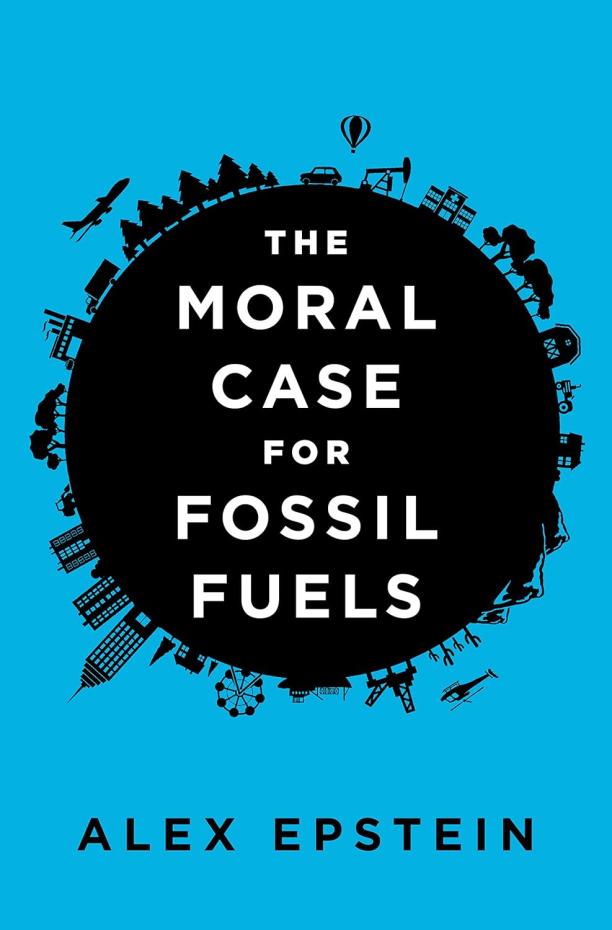
The Moral Case for Fossil Fuels
Alex Epstein
The book argues that fossil fuels are essential to human progress and well-being, providing a counterpoint to the common narrative about their negative environmental impact. It emphasizes the benefits of energy derived from fossil fuels, such as improved quality of life and economic growth, while advocating for a reevaluation of the risks and rewards associated with their use.
See full summary
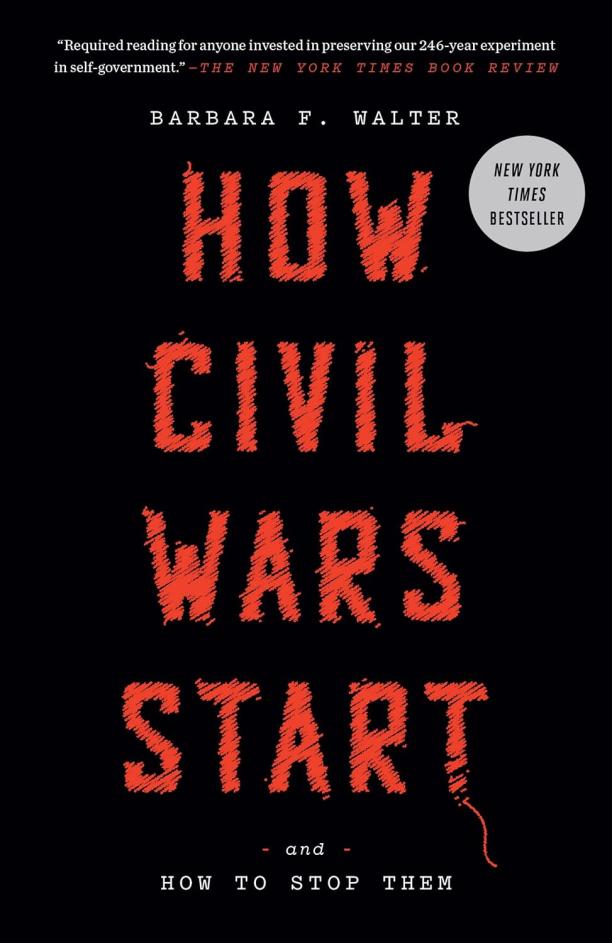
How Civil Wars Start
And How to Stop Them
Barbara F. Walter
The book examines the factors that lead to the onset of civil wars, analyzing historical data and current trends to identify warning signs of potential conflict. It also proposes strategies and interventions that could prevent such internal conflicts from escalating, emphasizing the role of democratic institutions and international cooperation.
See full summary
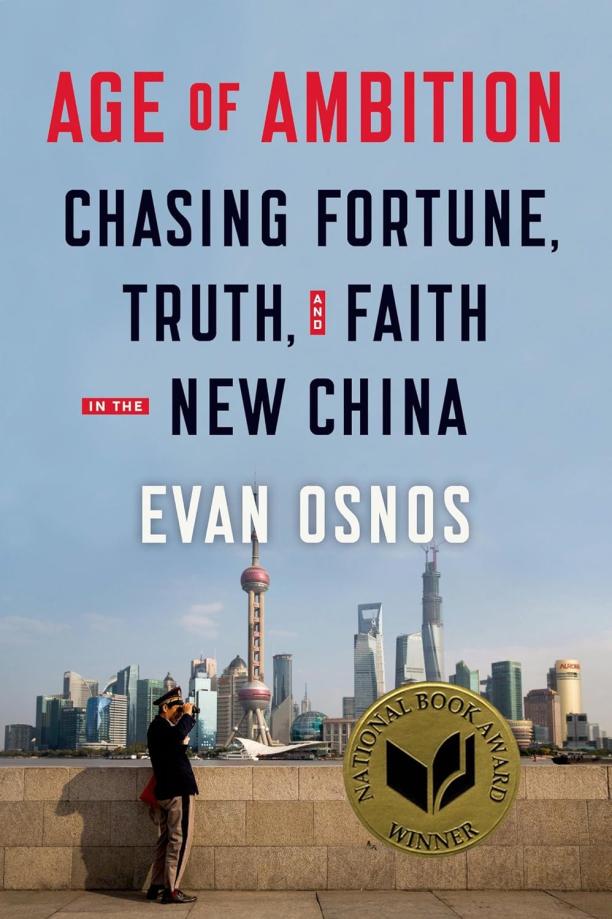
Age of Ambition
Chasing Fortune, Truth, and Faith in the New China
Evan Osnos
The book explores the dramatic transformations in China through the personal stories of individuals striving for success, grappling with the clash between the pursuit of wealth and the Communist Party's control. It delves into the tensions between the country's rise to global power and the quest for individual freedom and authenticity.
See full summary
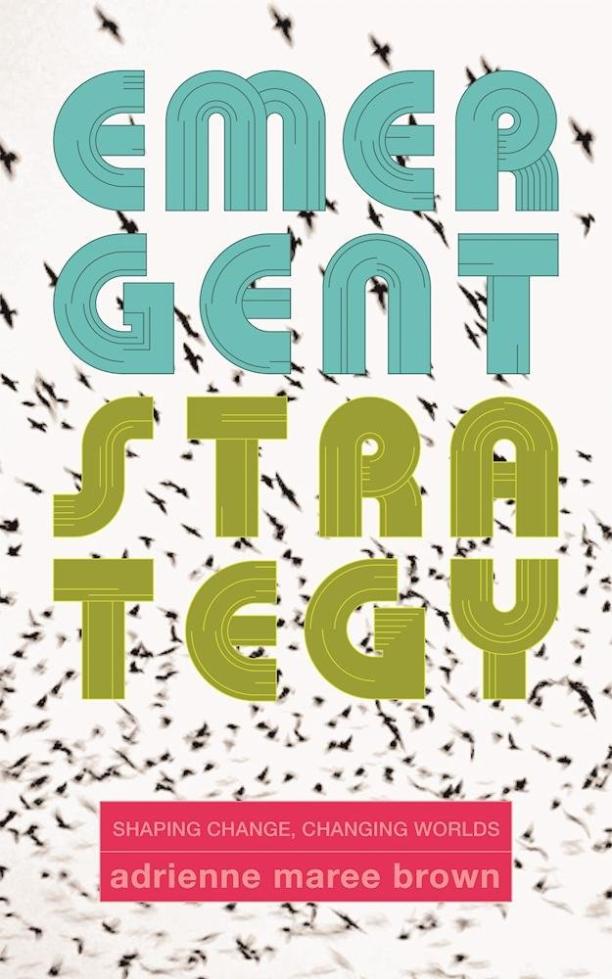
Emergent Strategy
Shaping Change, Changing Worlds
Adrienne Maree Brown
The book presents a philosophy of social change inspired by the patterns of organization found in nature, advocating for flexible, adaptive, and interconnected approaches to activism and community organizing. It combines personal stories, radical theories, and practical exercises to guide readers toward strategic, transformative action that works in harmony with the world's ecosystems.
See full summary
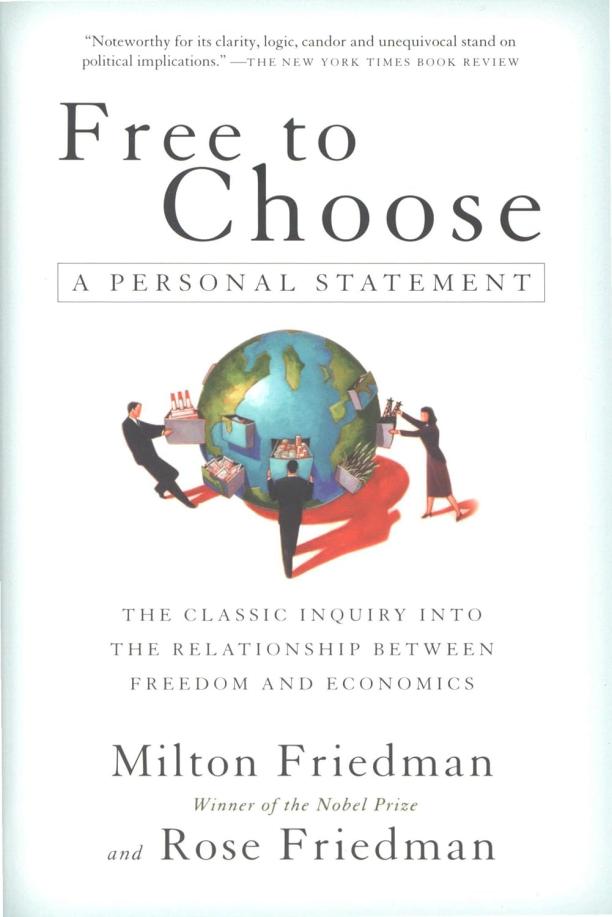
Free To Choose
A Personal Statement
Milton Friedman|Rose Friedman
The book advocates for the principles of economic freedom, arguing that market mechanisms are more efficient and fairer than government intervention. It discusses the benefits of a free-market economy, addressing topics such as inflation, welfare, education, and consumer protection, and suggests policy reforms to enhance individual freedom and prosperity.
See full summary
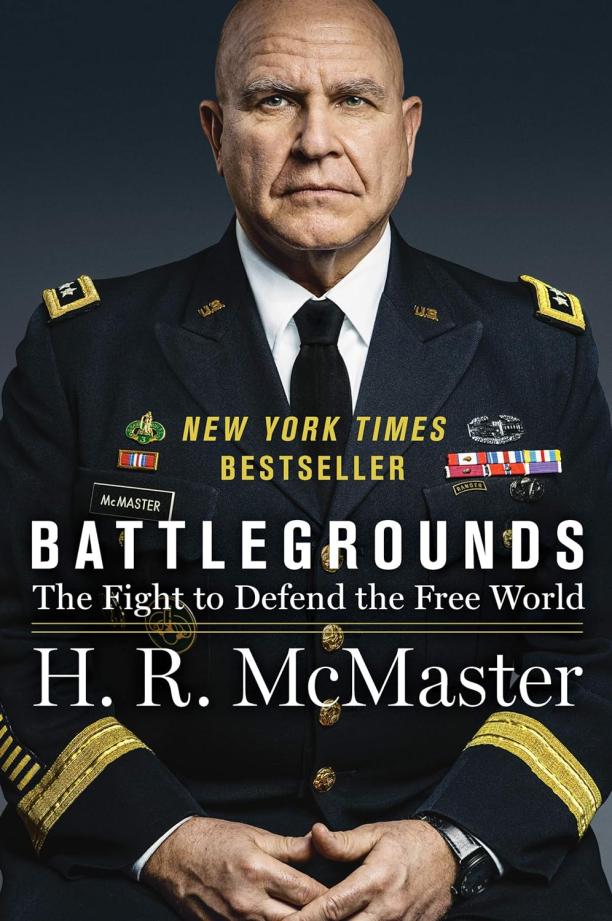
Battlegrounds
The Fight to Defend the Free World
H. R. McMaster
The book provides an analysis of the major foreign policy and national security challenges facing the United States, drawing from the author's experience as a former National Security Advisor. It offers strategic insights and policy recommendations for dealing with adversaries such as Russia, China, North Korea, and Iran, as well as addressing threats like terrorism and cyber warfare.
See full summary
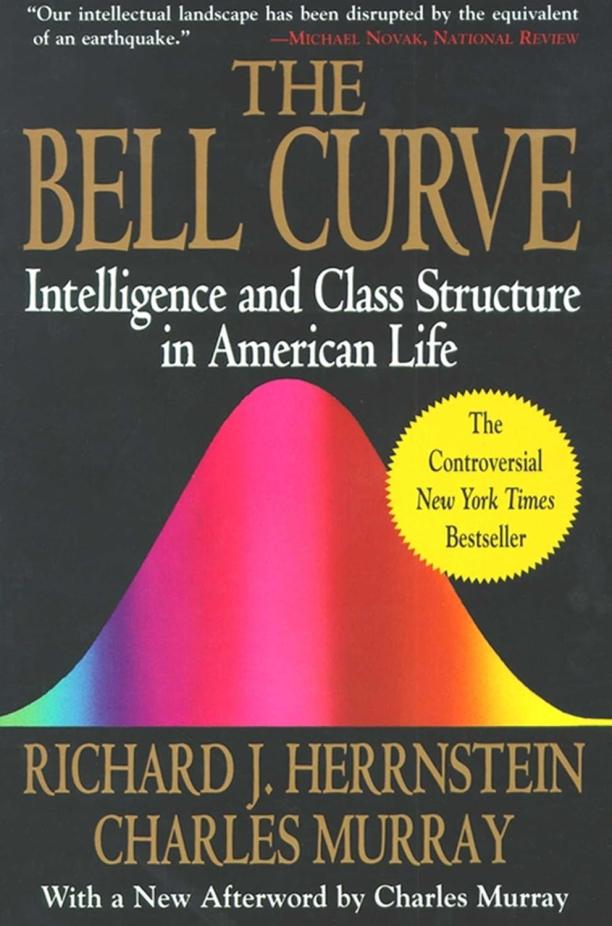
The Bell Curve
Intelligence and Class Structure in American Life
Richard J. Herrnstein|Charles Murray
The book presents a controversial analysis of the role of intelligence in shaping America's class structure, arguing that individual differences in cognitive ability are a significant factor in determining socio-economic status, job performance, and social behaviors. It also discusses the implications of this intelligence stratification for public policy and addresses the sensitive topic of racial differences in IQ scores.
See full summary